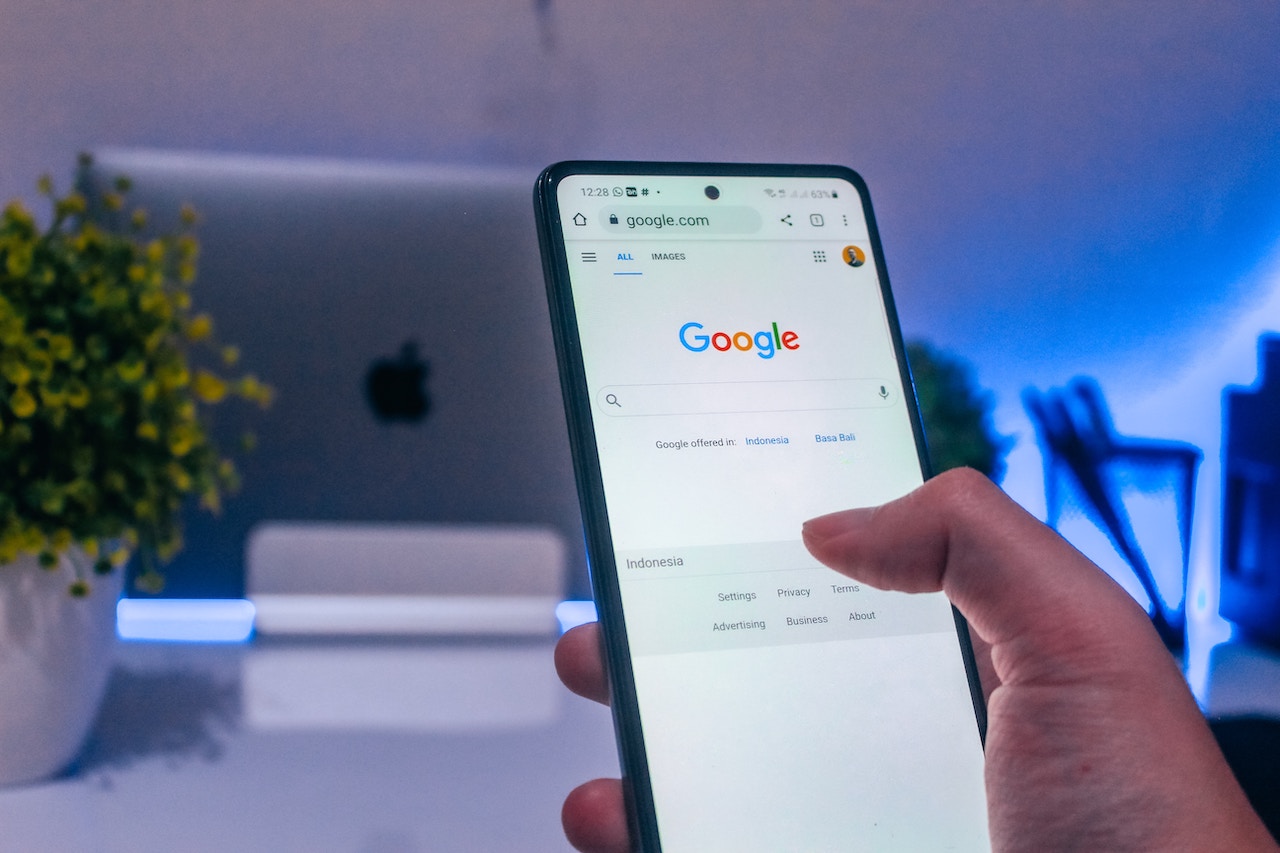Correction (25 April, 12:30 pm): We incorrectly stated that pausing User Choice Billing will not help developers based on a misunderstanding of the status quo. We have added an update below the relevant section to correct this. We apologise for the mistake.
The Alliance of Digital India Foundation (ADIF), which represents a group of Indian startups, has filed a petition at the Delhi High Court asking the court to issue directions to the Competition Commission of India (CCI) to take cognizance of the applications filed by the industry body and initiate an inquiry into Google for non-compliance with the antitrust order issued by the competition regulator, Economic Times reported on April 11.
ADIF has also asked the court to suspend Google’s new User Choice Billing program until CCI investigates the company’s non-compliance, Reuters reported.
The User Choice Billing program, which goes into effect on April 26, allows Indian app developers to include an alternative billing system in their apps alongside Google’s billing system. It was introduced by Google in February in response to an antitrust order issued by the CCI last October.
ADIF argues that User Choice Billing does not comply with CCI’s order as the underlying problem of high commissions has not been addressed by Google; the developers will still have to pay the company a commission between 11% to 26% even when users pay through a third-party billing system. For comparison, the commission is between 15% to 30% when users pay with Google’s billing system.
In a statement to MediaNama, Google, however, refuted non-compliance allegations:
“At Google we take our commitment to comply with local laws and regulations seriously, including in India. Google has fully complied with the CCI’s order.” — Google spokesperson
STAY ON TOP OF TECH POLICY: Our daily newsletter with top stories from MediaNama and around the world, delivered to your inbox before 9 AM. Click here to sign up today!
Why does this matter: It would be interesting to see what comes of this exercise as pricing is a tricky subject. The CCI has not dictated any specific price that Google should charge and has merely stated that pricing should not be “unfair, unreasonable, discriminatory or disproportionate to the services provided to app developers.” While it is true that User Choice Billing does not really benefit developers much as the commissions that are applicable are still high, we will have to wait and see if the CCI or the Delhi High Court will wade into pricing issues. If they do, it could be a significant setback for Google and a big win for app developers.
CCI not addressing issue promptly: ADIF and Tinder-owner Match Group last month approached CCI to look into Google’s alleged non-compliance, but the regulator “is yet to hear its complaint promptly” despite the implementation date for User Choice Billing approaching quickly, ADIF stated in its filing at Delhi High Court, Reuters reported.
“As the said supposedly modified policy of Google was not in compliance with the (October) order of the CCI, the Petitioner filed multiple applications dated 31.01.2023, 06.03.2023 and 28.03.2023…seeking inquiry against Google for violation of the CCI’s final order and direction that UCB does not amount to compliance with the CCI order. However, as stated above, owing to lack of quorum, the CCI has failed to take any steps in respect of the same, and the market remains vulnerable to abuse of dominant position by Google. The inaction on the part of the CCI will cause an irreparable harm to the app developers, who are members of the Petitioner and will also distort the competition.” — ADIF petition at Delhi High Court (Economic Times)
MediaNama’s Take — Suspending User Choice Billing won’t help developers: While we understand ADIF’s request to order CCI to look into non-compliance, we are unable to understand why the alliance is calling for a suspension of User Choice Billing because, despite its demerits, User Choice Billing is a more attractive option for app developers than the status quo as developers have more choice in choosing a billing system and pay 4 percent less in commission when users pay through this alternative billing system. If the program is suspended, developers will have to stick to the old regime of only using Google’s billing system and paying 15% to 30% commission for the same. Update (25 April, 12:30 pm): The preceding analysis is incorrect as the status quo is not Google’s billing system as the enforcement of the same was paused last November. Most developers currently use third-party billing systems and pay Google no commission. As such, suspending User Choice Billing will help developers as they can stick to the status quo of not paying Google any commission.
Update (20 April, 10 am): The Delhi High Court heard arguments from both sides on April 18 and 19, but reserved its judgement and declined to provide any interim relief to ADIF, Economic Times reported.
This post is released under a CC-BY-SA 4.0 license. Please feel free to republish on your site, with attribution and a link. Adaptation and rewriting, though allowed, should be true to the original.
- ADIF, Match Group Take On Google For Non-Compliance With Antitrust Orders
- Google Play Store: Here’s How Indian App Developers Can Implement Alternative Billing Systems
- India Orders Google Play Store To Allow Developers To Use Third Party Billing Systems, Not Impose Disproportionate Fees, And More
- Google Loses Its Appeal Against India’s Competition Regulator’s Order In The NCLAT
- Google Is Not In Compliance With India’s Antitrust Orders, ADIF Says In Note To Startups






























